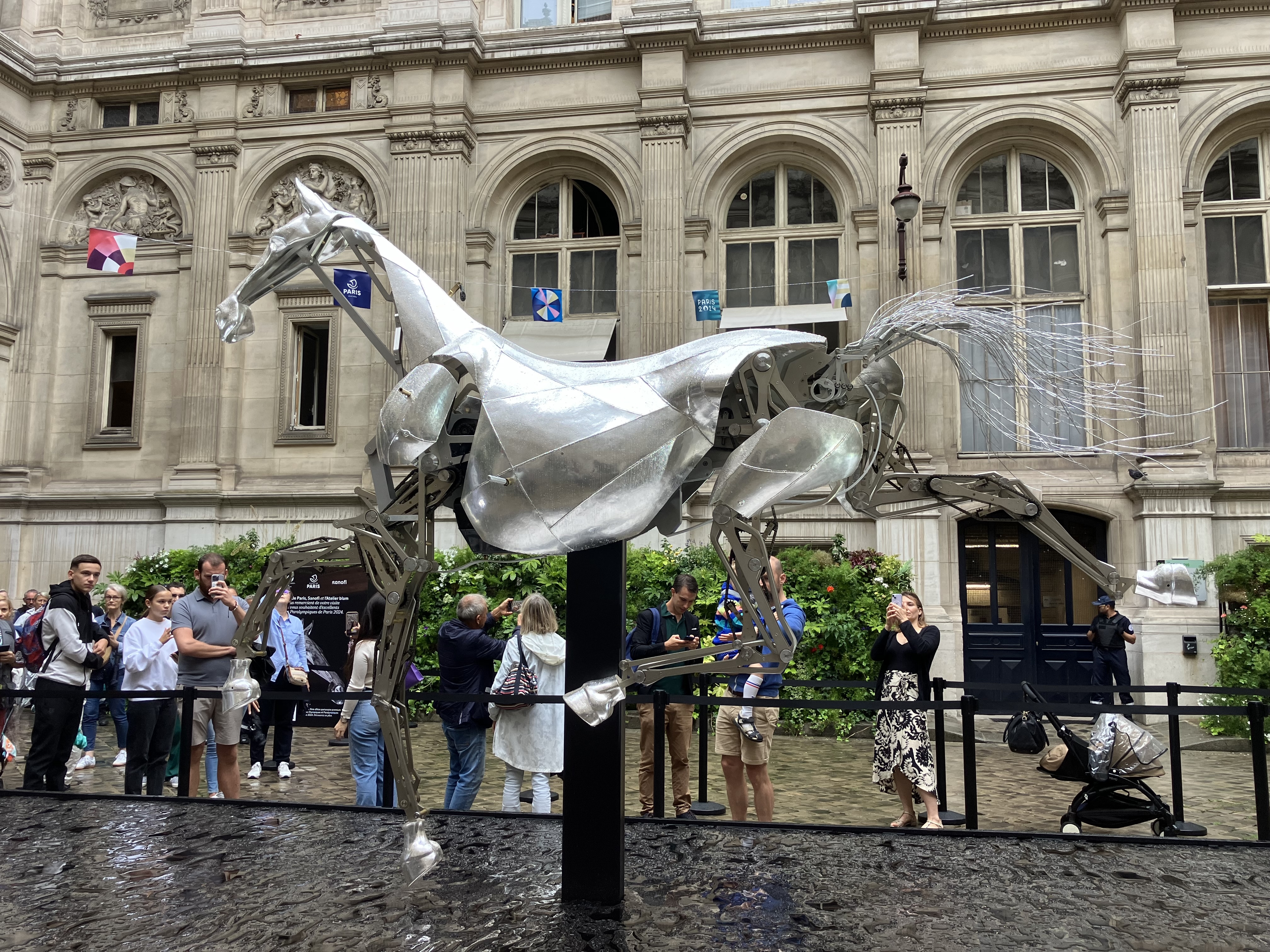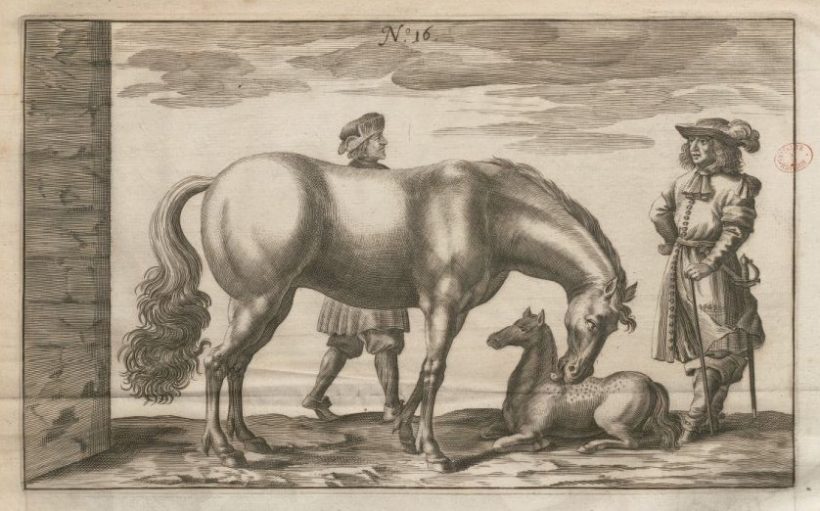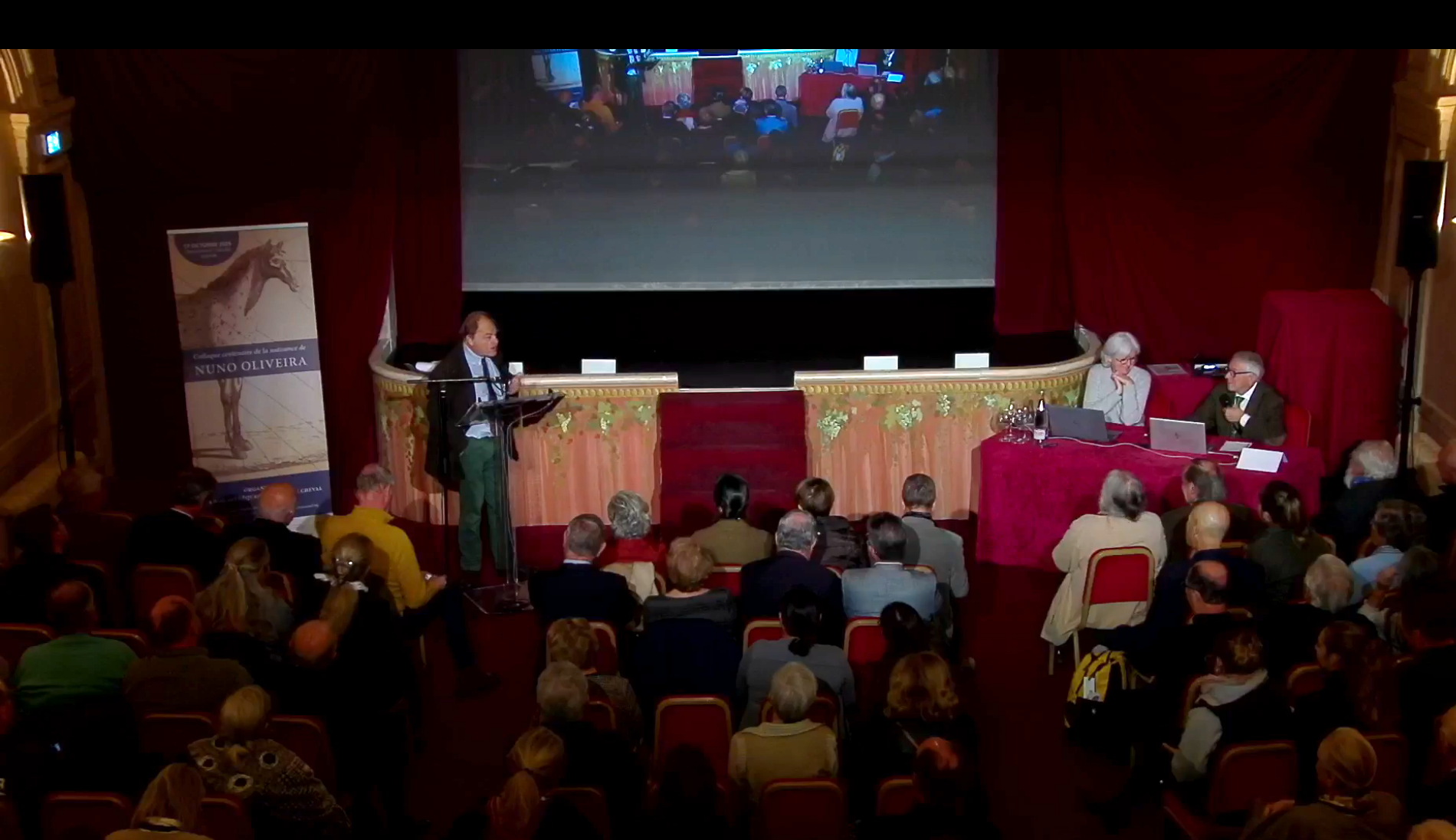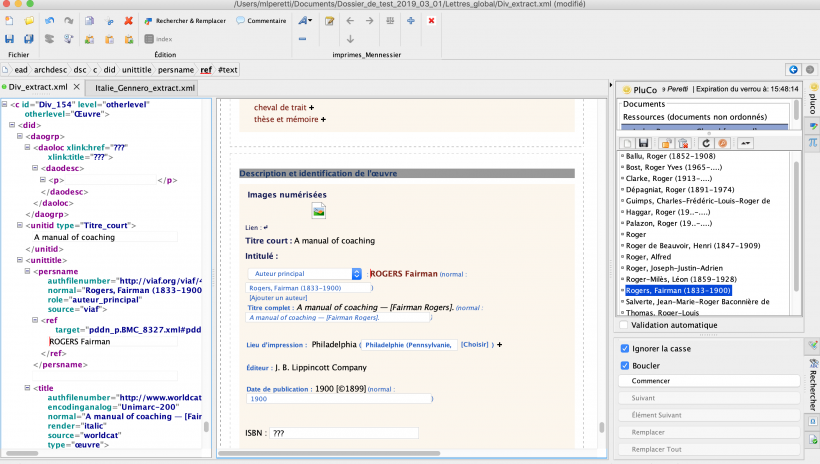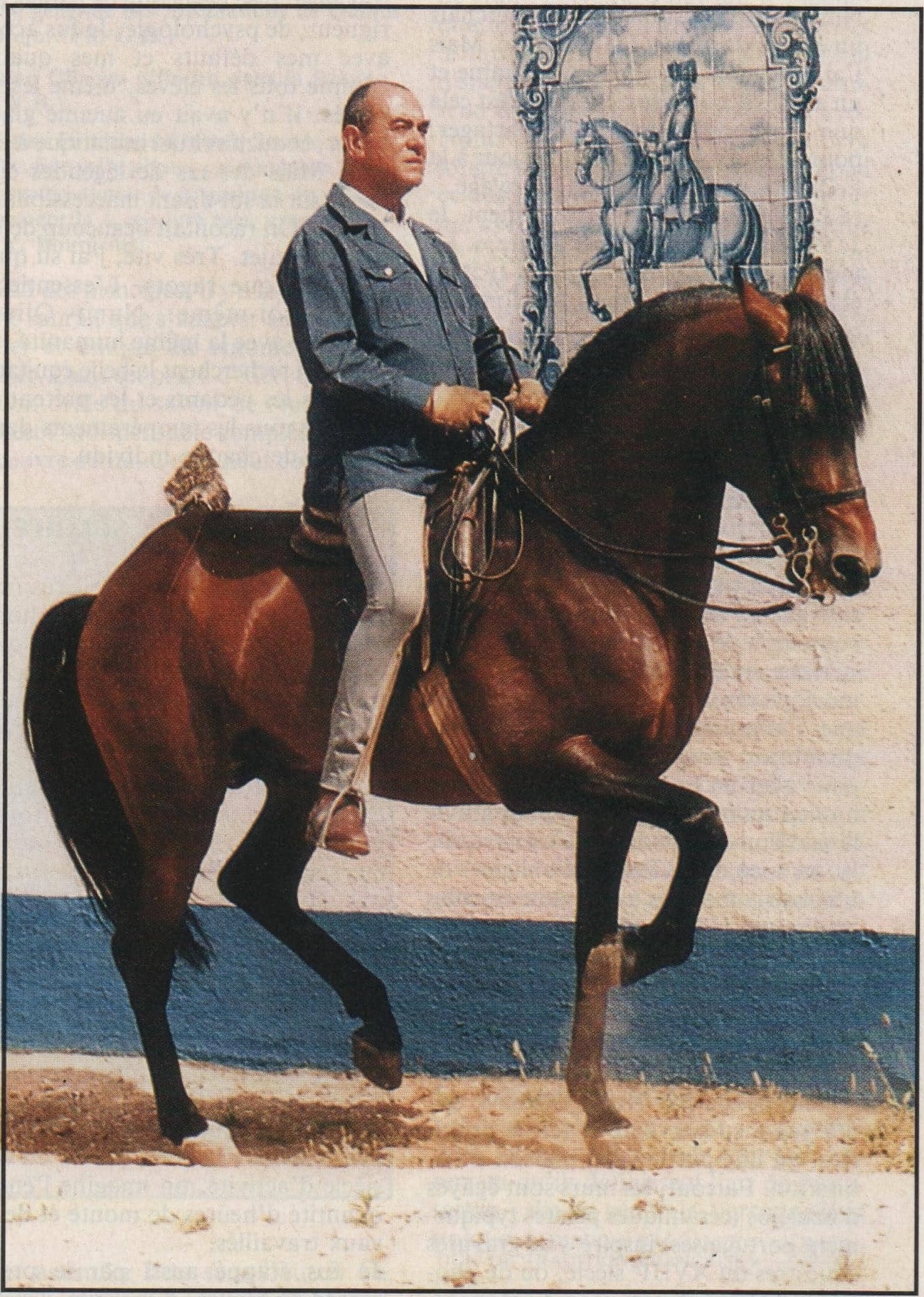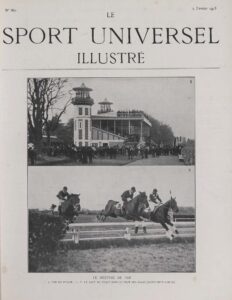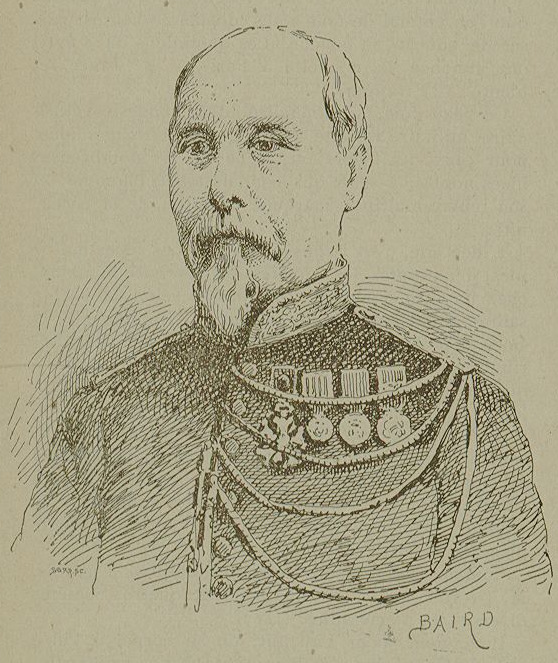
A universal horse tongue
In the 19th century, the veterinarian Émile-François Decroix was an important militant of animal welfare. He wanted to create a kind of phonetic language to communicate with horses. He had conceived the great principles, which he presented at an international congress of animal protection societies.
As paradoxical as it may sound today, he dedicated himself to promoting the use of hypophagy. As released by Mennessier de la Lance, Decroix’s goal was twofold: “to provide the poor classes with a healthy and economical food and to avoid old, used or injured horses from the suffering imposed by a job beyond their strength”. If the hypophagy is not so appreciated today, his intuitions about the use of a universal language to facilitate the link between the horse and the rider, join the intentions of ethological riding methods that have emerged about fifteen years ago here.
See more:
